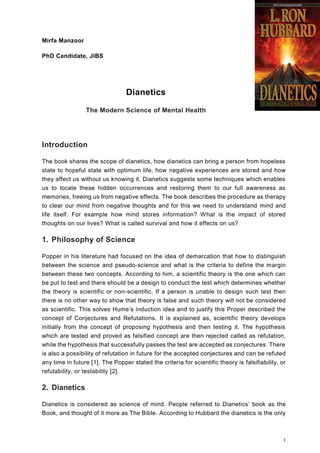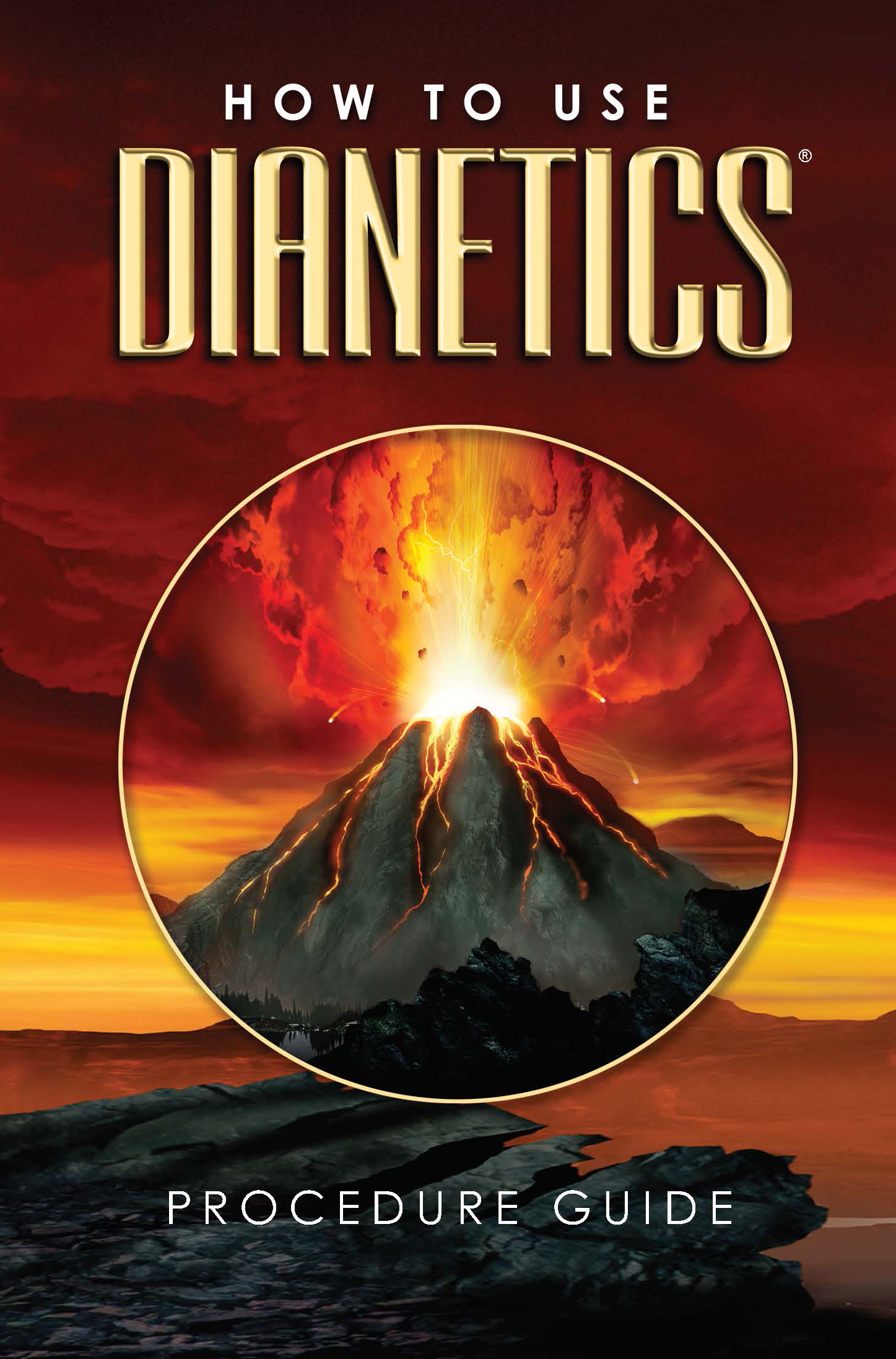Dianetics - Questions
Dianetics - Questions
Blog Article
Some Ideas on Dianetics You Need To Know
Table of ContentsIndicators on Dianetics You Should Know6 Simple Techniques For DianeticsSome Known Questions About Dianetics.Not known Details About Dianetics
I couldn't ever not intend to get anything that comes to mind for you- if it was or else, I would not be resting right here with you, doing this. I not only could never ever have a trouble, or otherwise wish to hear something that enters your mind for you, however I'm entirely anxious to know every concept, every thought, every image or feeling that arises or materializes for you- don't ever assume or else, and if for some reason you do, please simply allow me recognize! Occasionally, you may have an idea, and photo, concept or event appear that does not seem to address the question, or connect to it, yet nevertheless, constantly do tell me about it, and as we proceed, the importance will arise for you.This is integral in the basis of handling, and the subject of this conversation: the fundamental roles of the counselor and the customer: The basic duty of the counselor is, in contrast to "common training", not to manage, which means to implement and/or inhibit, however to rather function from the basis of EMPOWERING THE CLIENT.

Dianetics Can Be Fun For Everyone
John Mcmasters expressed this standard truth incredibly well in among his lectures on Power handling, where he clarifies how he was asked what this "unique knack" was that he had for offering such excellent sessions; he needed to consider that for a moment, and detected that it was what he wasn't doing, in addition to what he was doing: he had not been evaluating, judging, computer, or as a matter of fact, producing any kind of ideas, let alone verbal expressions, after offering the command and while waiting for the PC to complete their solution to their fulfillment; he was, merely and just, existing with the computer, and totally interested.
The role of the counselor, showed; that was his "special propensity". I have actually had my very own experience which educated me this well, very early in the game. In 1982, having just recently finished my training and teaching fellowship on New Period Dianetics, I was running this on a COMPUTER, and there was a factor in the session where (being a little bit damp check out here behind the ears not yet having many hours under my belt as an expert auditor) the PC appeared to be "taking too lengthy" to express anything vocally after I gave him a other command.
This trick ended up being one of the most useful payment that John ever made to the subject of therapy or auditing (Dianetics). In my simple opinion, it is the best contribution that any person has ever made to these subjectsthe application is completely non-judgemental, non-evaluative, and without any kind of idea, suggestions or opinion.no preconditioned program for people, or 'degrees' that they should do
In Scientology we prided ourselves on not examining for individuals. All that actually suggested was that the auditor did not Vocally assess for the Computer in session.
Dianetics - An Overview

Any individual who had actually ever before seen John audit might not help however see a special top quality in his bookkeeping."The client's standard role is to be there with the purpose of relocating the instructions of their spiritual objectives, and to openly and completely express and experience whatever shows up for them in answering the questions and carrying out the directions in the handling.
This is something More Bonuses to procedure as needed. Additionally, people often have previous experience and/or indoctrination in auditing/processing which, in some methods, and to some levels, actually misleads them into perspectives, ideas and habits patterns that protect against the full realization of these functions, and so they will have a tendency to hinder the expressing of what comes to mind, as in the instances given over - Dianetics. * The initial, and perhaps foremost instances of mis-indoctrination resulting in less than completely smooth and reliable sessions, can be discovered in specific facets of the training routines, or "TR's":"TR's" are often an individual's initial, or a minimum of early, experience in Scientology, and while I will go on to describe what I see as the defects in idea and method, however, have a tendency to be greatly therapeutic, done as they are given (Hubbard insists that "TR's are not processing, they are educating", yet factually, they are both handling AND training)
Alan Walter made comparable monitorings, and enhanced these with his "Visibility Processes". There is no "failing", and no rejection of the truth of this being processing. The emphasis, as it ought to be, gets on experiencing the various other individual's existence. All the indications which get a "fail" in doing "TR-0" are merely the being's efforts to resist the various other person's presence, and instead than being bugged and pestered with "Flunk", which imposes "failing!" on the being, one merely requires to be motivated to "stick their feet in the water a little deeper", to significantly rehabilitate their ability and readiness to completely share and experience "being here", or "visibility", with others.
The Greatest Guide To Dianetics

Report this page